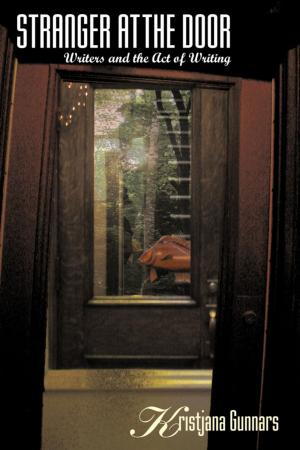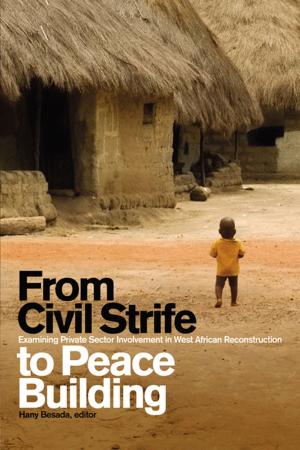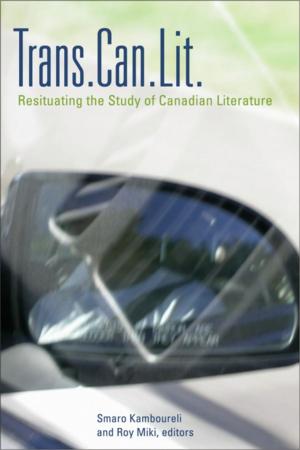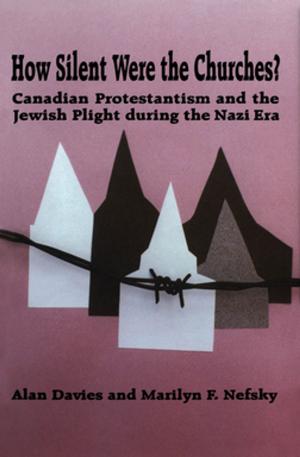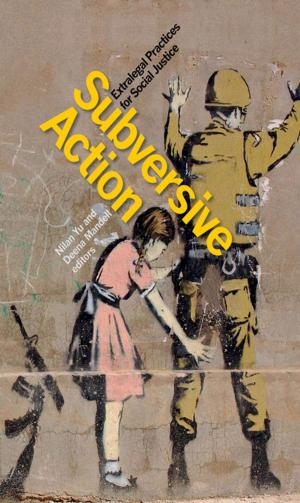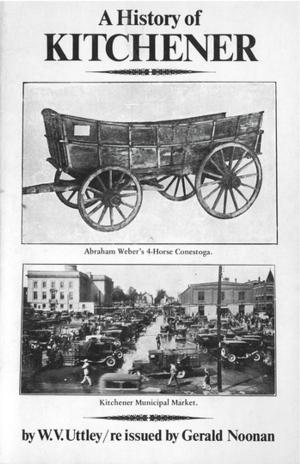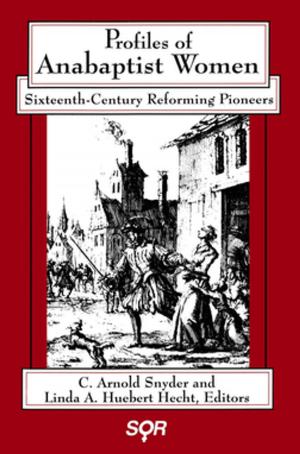“I Want to Join Your Club”
Letters from Rural Children, 1900-1920
Nonfiction, History, Canada, Fiction & Literature, Essays & Letters, Biography & Memoir| Author: | ISBN: | 9781554587308 | |
| Publisher: | Wilfrid Laurier University Press | Publication: | October 30, 2010 |
| Imprint: | Wilfrid Laurier University Press | Language: | English |
| Author: | |
| ISBN: | 9781554587308 |
| Publisher: | Wilfrid Laurier University Press |
| Publication: | October 30, 2010 |
| Imprint: | Wilfrid Laurier University Press |
| Language: | English |
“I am a girl, 13 years old, and a proper broncho buster. I can cook and do housework, but I just love to ride.”
In letters written to the children’s pages of newspapers, we hear the clear and authentic voices of real children who lived in rural Canada and Newfoundland between 1900 and 1920. Children tell us about their families, their schools, jobs and communities and the suffering caused by the terrible costs of World War I.
We read of shared common experiences of isolation, hard work, few amenities, limited educational opportunities, restricted social life and heavy responsibilities, but also of satisfaction over skills mastered and work performed. Though often hard, children’s lives reflected a hopeful and expanding future, and their letters recount their skills and determination as well as family lore and community histories.
Children both make and participate in history, but until recently their role has been largely ignored. In “I Want to Join Your Club,” Lewis provides direct evidence that children’s lives, like adults’, have both continuity and change and form part of the warp and woof of the social fabric.
“I am a girl, 13 years old, and a proper broncho buster. I can cook and do housework, but I just love to ride.”
In letters written to the children’s pages of newspapers, we hear the clear and authentic voices of real children who lived in rural Canada and Newfoundland between 1900 and 1920. Children tell us about their families, their schools, jobs and communities and the suffering caused by the terrible costs of World War I.
We read of shared common experiences of isolation, hard work, few amenities, limited educational opportunities, restricted social life and heavy responsibilities, but also of satisfaction over skills mastered and work performed. Though often hard, children’s lives reflected a hopeful and expanding future, and their letters recount their skills and determination as well as family lore and community histories.
Children both make and participate in history, but until recently their role has been largely ignored. In “I Want to Join Your Club,” Lewis provides direct evidence that children’s lives, like adults’, have both continuity and change and form part of the warp and woof of the social fabric.


